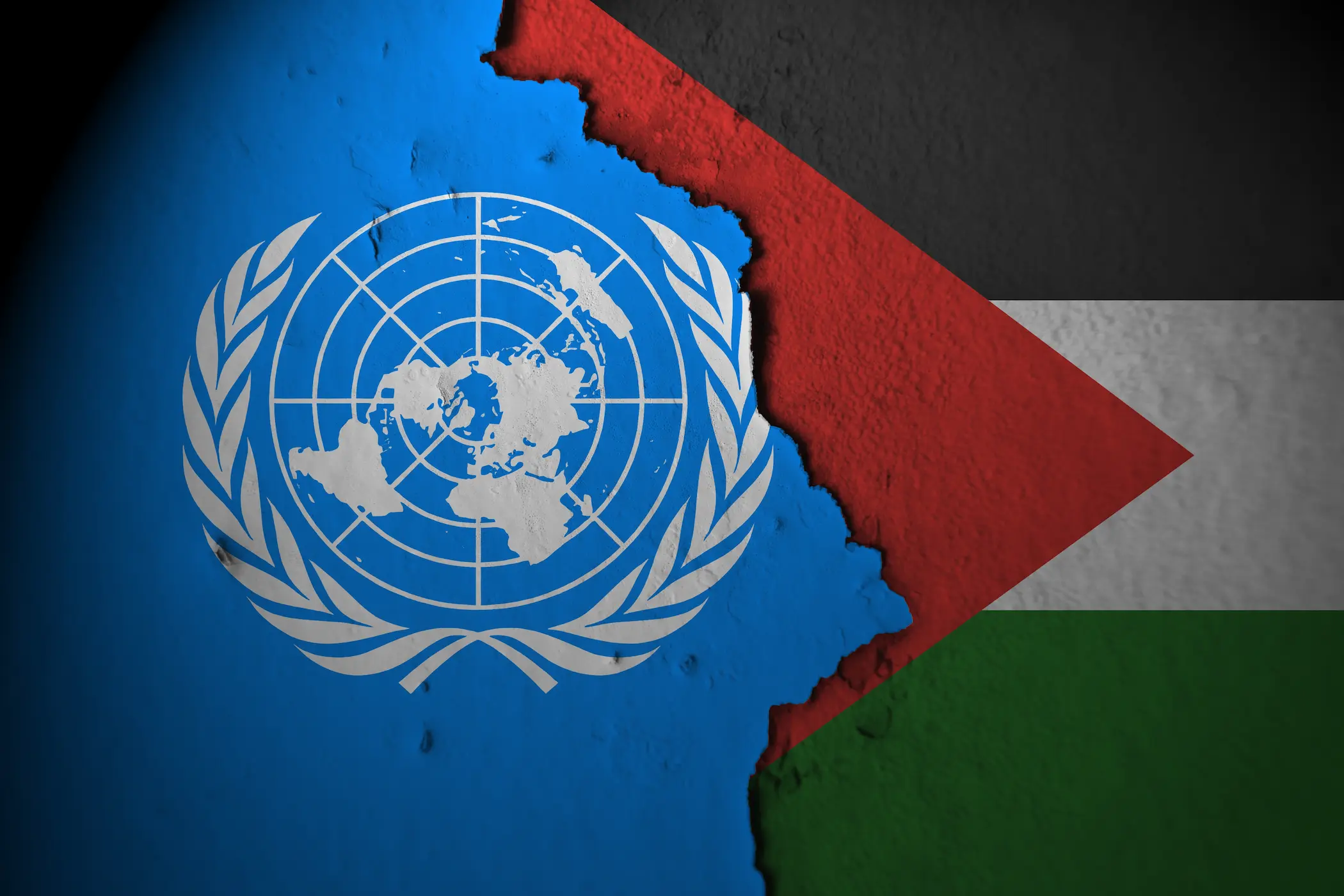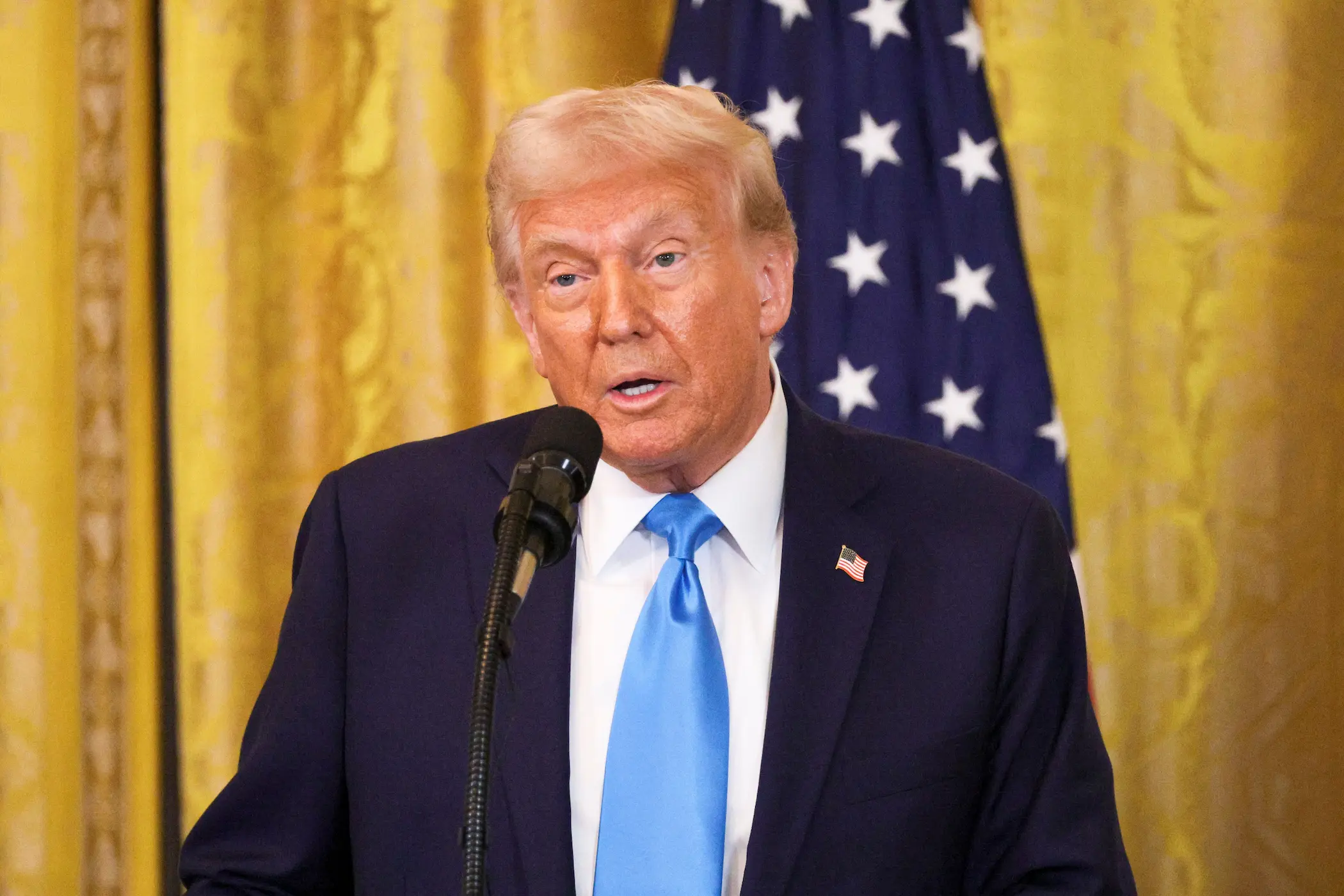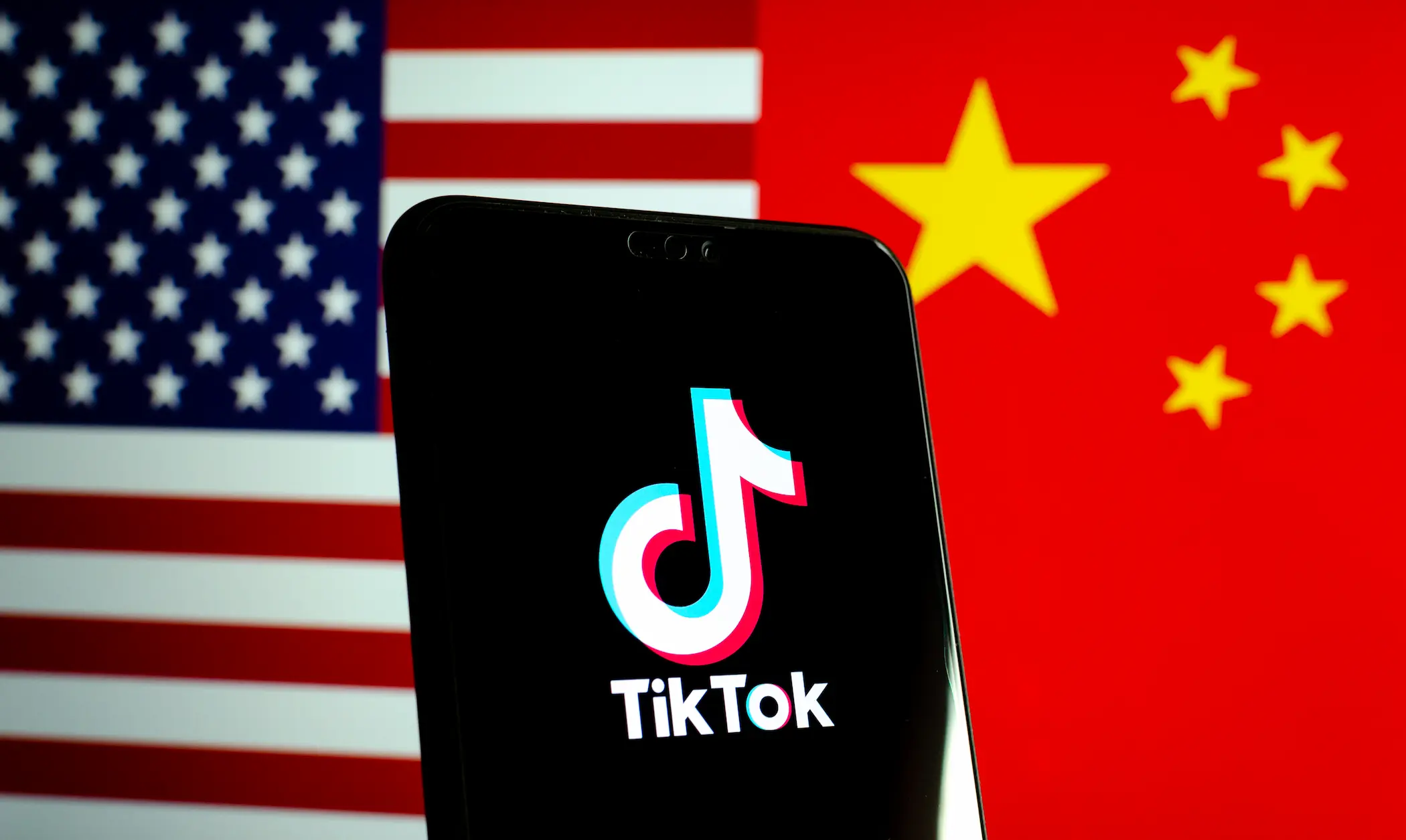Farah El-Komy is a Junior Economics and Energy Researcher at Al-Habtoor Research Centre.
Prior to joining Al Habtoor Research Centre, she interned at the International Finance Corporation (IFC), focusing on projects related to private sector development, financial modeling, and investment. Prior to the IFC Farah participated at the Model Arab League Simulation on the Arab League as a researcher.
Farah holds a B.A. in Economics from The British University in Egypt and London South Bank University and is interested in Labour Economics, Monetary Policies, International Economic Relations and Political Economy.
contact information
Latest By Farah El-Komy
1 Oct 2025
Aid vs. Investment: Shifting Financial Flows to Palestine
As more nations extend recognition to Palestine, a crucial question emerges: will financial support shift from short-term humanitarian relief toward long-term development investment? Recognition may reshape donor priorities, yet Israel’s enduring control over finances, borders, and trade casts doubt on how transformative this shift can truly be.
18 Sep 2025
Emotion in the Machine: Economic Gains vs. Security Concerns
The rapid evolution of artificial intelligence, propelled by transformer models like OpenAI’s ChatGPT, has reshaped industries and redefined human–machine collaboration. Beyond generating language, AI now powers psychological assessments, financial sentiment analysis, and synthetic empathy—making emotional intelligence a critical asset. Within this shift, emotional audio intelligence has emerged as especially strategic, enabling machines to both recognize affective states and reproduce them in synthetic voices. Meta’s 2025 acquisition of WaveForms AI reflects this trend, securing early control over “programmable affect” and underscoring both the economic promise and geopolitical risks of affective computing. By turning AI from a diagnostic tool into a simulation system, the deal positions Meta to create digital agents capable of projecting warmth, urgency, or reassurance—reshaping the future of human–machine interaction.
Meta’s 2025 acquisition of WaveForms AI marks a turning point in artificial intelligence: the rise of emotionally intelligent audio as both an economic opportunity and a national security risk. AI has evolved rapidly, propelled by transformer models like OpenAI’s ChatGPT, and now extends far beyond language generation. From psychological assessment to financial sentiment analysis, its ability to interpret emotions has become a critical asset. Emotional audio intelligence pushes this further by enabling machines not only to recognize affective states but also to reproduce them in synthetic voices. With WaveForms, Meta secures early control over this capability—transforming AI from a diagnostic tool into a simulation system, capable of projecting warmth, urgency, or reassurance in ways that could redefine human–machine interaction.
11 Sep 2025
Beyond the 9-to-5: Promise and Peril of the Middle East’s Gig Economy
The labour market is undergoing a profound transformation as millions worldwide move away from traditional payroll jobs toward flexible, independent work enabled by digital platforms. This shift has accelerated the growth of the gig economy, which is reshaping employment patterns, stimulating entrepreneurship, and driving innovation. At the same time, it raises new challenges related to income volatility, worker protections, and regulatory oversight.
The term “gig,” once used by musicians to describe short-term performances, now refers to a wide range of freelance, contract, or temporary jobs that prioritize flexibility over permanence. Today’s gig economy is powered by digital platforms that link workers with clients, including ride-hailing services, delivery apps, freelance marketplaces, and online teaching platforms. While this model provides economic benefits such as greater productivity, adaptability, and entrepreneurial opportunities, it also exposes workers to risks concerning rights, job security, and fair treatment. Achieving a balance between innovation and equitable protections remains key.
In the Middle East, the gig economy is expanding rapidly, fuelled by a young, digitally skilled population, unemployment pressures, and government-led diversification strategies. By 2024, the region contributed more than 7% of the global gig market, with freelancing, delivery services, and digital platforms becoming central to local economies. Policymakers are responding through freelance visas, skills programmes, and targeted regulations; countries such as Saudi Arabia and the United Arab Emirates (UAE) are aligning gig work with ambitious visions of transformation, while Egypt demonstrates both the sector’s strong growth and the persistent challenges of informality and regulation. While the gig economy has thrived in the Middle East, its full potential can only be realized through a new generation of governmental reforms that go beyond just supporting growth and actively build a stable and protected freelance workforce.
30 Jul 2025
What If: The Middle East Burns Next?
In 2023 a sobering milestone was met, the highest number of wildfires in the European Union (EU) since tracking began in 2000 by the European Forest Fire Information System. More than 500,000 hectares of land were burned, an area equivalent to half the size of Cyprus. The situation worsened in 2024, with wildfire-related fatalities rising sharply to 437, compared to 263 deaths in 2023.
Research consistently points to climate change as a primary driver behind this growing crisis. Not only is it increasing the scale of land burned, but it's also intensifying individual fires, extending fire seasons beyond the traditional summer months, and triggering blazes in regions previously untouched by such disasters. As this escalating threat edges closer to the Middle East, the pressing question remains: will the region be prepared, or caught dangerously off guard?
13 Jul 2025
From Isolationism to Intervention: Trump’s MENA U-Turn
The inauguration of Donald Trump as the 47th president of the United States for his second term took place on Jan. 20, 2025. Trump outlined a wide-ranging agenda that blends traditional conservative values. Notably, he signed 26 executive orders on Inauguration Day, which is the highest number by any U.S. president to sign on that day. Trump’s second-term agenda focuses mainly under the banner of “Making America First,” “retribution,” and “law and order.” He aimed at aggressively reshaping the Federal Government, restoring hardline policies from his first term, and shifting America’s global role through protectionism and reduced international engagement.
Trump had emphasised avoiding foreign wars and promoting a non-interventionist foreign policy, focusing instead on border security and economic growth. He opposed “endless wars” and advocated reducing the U.S. military presence abroad. He repeatedly stated that the U.S. should avoid costly wars in the Middle East that lack clear American interests, using slogans like “We are not the world’s policeman” and “End the endless wars.” He sharply criticised previous administrations for prolonged military engagements in Iraq, Afghanistan, Libya, and Syria. However, despite these promises made during his 2024 campaign, Trump’s actions in office have diverged significantly from his non-interventionist stance.
19 May 2025
TikTok: China’s New Weapon
The ongoing trade war between China and the United States (U.S.) has been unfolding for several years and has gained increasing public attention, largely throughout the influence of social media platforms. As awareness of the conflict spreads, social media not only informs the public but also shapes consumer behaviour, often prompting individuals to shift to alternative markets. In some cases, governments recognize this influence and strategically leverage social media influencers to guide public opinion and economic choices. This is already going on in our scenario between China and U.S.
10 Mar 2025
Sanctions and Self-Sufficiency: The Evolution of Iran’s Manufacturing Sector
For decades, Western countries, especially the United States (U.S.), used sanctions as a common tool to promote democracy and prevent certain nations from developing nuclear or chemical weapons. Iran, due to its efforts to develop nuclear weapons and other advanced technological weapons, has become a prime example, facing one of the strictest sanctions regimes in the world since the 1979 Iranian Revolution. These measures including the U.N. Security Council embargoes in 2007 and 2015, have had a major impact on Iran’s economy. However, alongside the economic hardship, sanctions have also spurred the growth of a domestic manufacturing sector, especially in defence and military industries, demonstrating the country’s capacity to adapt to hardship.
17 Dec 2024
Vision 2030: Empowered Women, Transformed Kingdom
Saudi Arabia is undergoing a remarkable transformation across various sectors. Fuelled by ambitious reforms under Vision 2030. The Kingdom’s economy is not only reaching new heights, having recently achieved trillion-dollar status, but also aiming to be among the leading economies in the world. This economic shift is driven by diversification and substantial investments, fundamentally changing the country’s economic structure and aiming at strengthening its global position.
Another key driver of this growth is the rise in female participation in the workforce through increased educational opportunities, and a more inclusive cultural environment. Saudi Arabia has implemented significant reforms to empower women economically, creating a positive impact that extends beyond 2030 vision. As a result, the country is witnessing a significant boost in economic growth demonstrating the transformative power of women’s empowerment.








